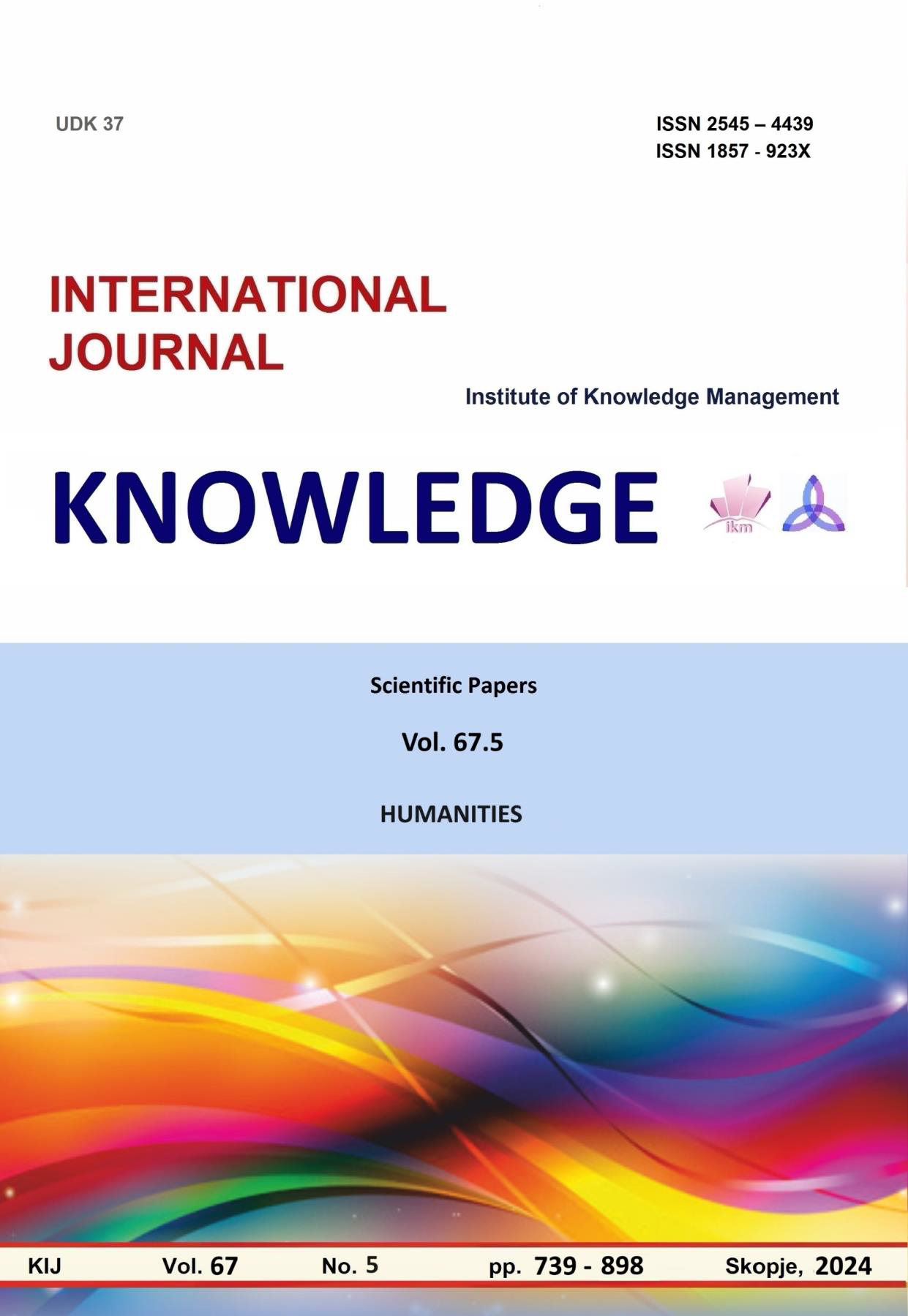ОБУЧЕНИЕТО ПО ЧУЖДИ ЕЗИЦИ В СПЕЦИАЛНОСТ „МЕЖДУНАРОДНИ ОТНОШЕНИЯ” В УНСС: ОПИТЪТ НА СВОБОДНИЯ УНИВЕРСИТЕТ И СЪВРЕМЕННИТЕ ПРЕДИЗВИКАТЕЛСТВА
FOREIGN LANGUAGE TRAINING OF STUDENTS IN “INTERNATIONAL RELATIONS” AT UNWE: THE EXPERIENCE OF THE FREE UNIVERSITY AND CONTEMPORARY CHALLENGES
Author(s): Maria BakalovaSubject(s): Language and Literature Studies, Foreign languages learning, Applied Linguistics, Language acquisition
Published by: Scientific Institute of Management and Knowledge
Keywords: foreign language education;interational relations students;history of UNWE
Summary/Abstract: It goes without saying that in the modern world one must be at ease with foreign languages. This is even more valid for the education and professional realization of students studying international relations. The crucial role of foreign language training in international relations programs can hardly be questioned these days, but this is hardly a newly emerged understanding. The article focuses on the historical context of foreign language training of international relations students at the UNWE. It demonstrates that the study of foreign languages was considered important as early as the 1920s, when the Free University for Political and Economic Sciences, the predecessor of the UNWE, was established. The analysis of documents from that time reveals the educational philosophy of the university’s founders and in particular of Stefan S. Bobchev, himself a diplomat and polyglot. The main objective of the study is to trace how and to what extent the understandings of foreign language education at the Faculty of Diplomacy and Consular Affairs within the Free University are reflected in the foreign language education of students in the International relations program nowadays within the Faculty of International Economics and Politics, where the “International Relations” program has been created and has developed. Both the philosophy and the practice of language education of students of international relations are placed in the broader context of national politics and geopolitics. Tracing the development of language education (from the early emphasis on regional languages – Balkan and Middle Eastern, to traditional European languages during the Cold War and afterwards), the text outlines the continuity and change in the foreign language education of future diplomats, placing these also in the more general context of the development of international relations studies. Through an analysis of archival documents, the article demonstrates how throughout the history of the university the crucial role and importance of foreign language proficiency have always been recognized in the educational philosophy of future diplomats. Results of improvised student opinion surveys are presented, which reveal the importance of foreign language training in students” choice to study international relations at the UNWE. The analysis reflects the challenges faced by the institution in adapting to the dynamic requirements of international relations. Historical comparisons between earlier schemes of foreign language training and contemporary ones show that not all changes in this area can be assessed positively. The text illustrates how language proficiency not only enriches students” academic experience, but also prepares them for diverse career opportunities in a national, European and global environment. The findings suggest that a historical understanding of language education can inform current practices and policies, guiding future efforts to prepare students for leadership roles in a rapidly changing global landscape.
Journal: Knowledge - International Journal
- Issue Year: 67/2024
- Issue No: 5
- Page Range: 857-863
- Page Count: 7
- Language: Bulgarian

